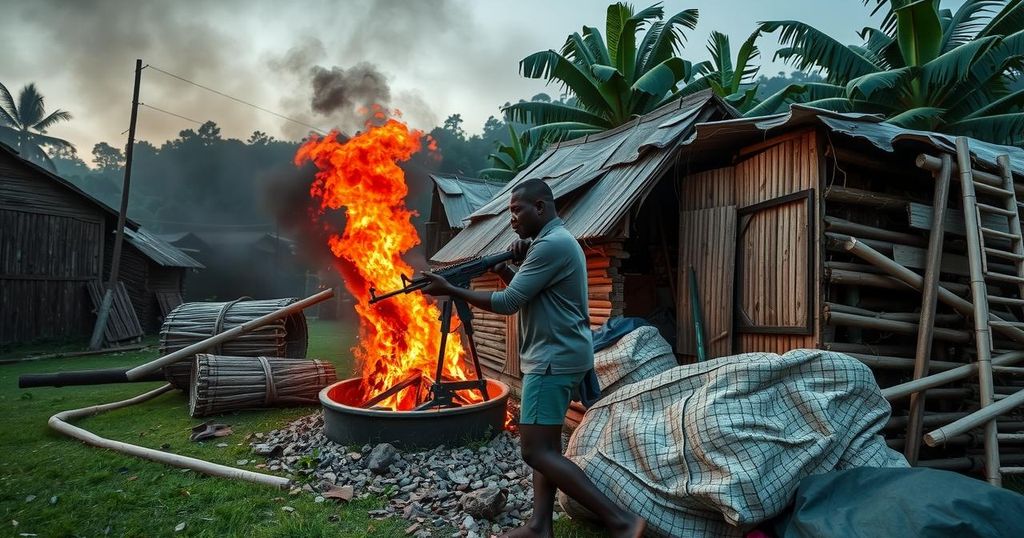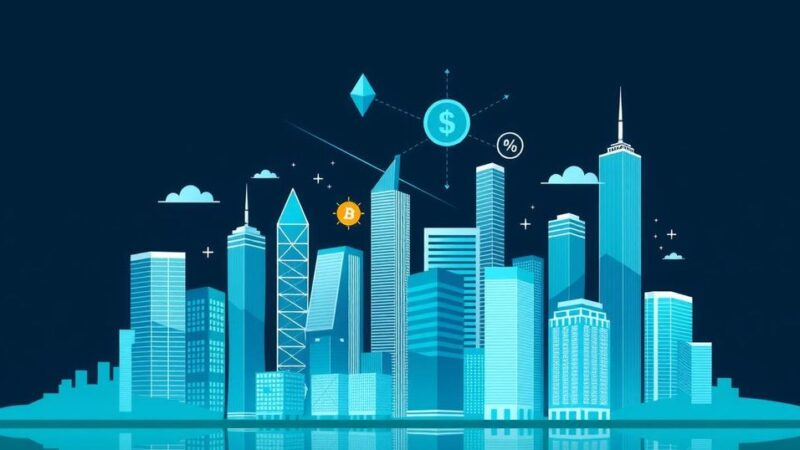The Democratic Republic of Congo is embroiled in conflict stemming from a history of colonial exploitation, ethnic tensions, and weak governance. Since the 1990s, the eastern regions have been particularly violent due to numerous armed groups influenced by historical grievances and foreign interventions. The humanitarian crisis continues with rampant human rights abuses and millions displaced, necessitating urgent actions toward justice and reconciliation.
The Democratic Republic of Congo (DRC) has endured prolonged conflict since gaining independence from Belgium in 1960, primarily due to a multitude of interconnected factors including ethnic tensions, political rivalries, and the struggle for control over vast natural resources such as coltan and gold. The roots of the current conflict can be traced back to historical grievances exacerbated by poor governance and the lingering effects of the colonial era, which have fostered a climate ripe for violence.
Since the 1990s, the DRC’s eastern regions have experienced persistent turmoil, characterized by the presence of more than a hundred armed groups, most of which are local militias formed in response to persistent unrest. Ethnic identity, economic interests, and political manipulation shape alliances and antagonisms among these groups. Notably, the legacy of colonial rule has imprinted divisions among various ethnic communities, leading to ongoing inter-communal violence.
Weak governance, marked by corruption and lack of state authority, has further fueled conflict as many Congolese feel abandoned by their government. The catastrophic repercussions of this neglect include widespread poverty, lack of economic opportunities, and the absence of essential services, prompting individuals to join armed groups for protection and survival. Interventions by foreign nations such as Rwanda and Uganda have also complicated the conflict landscape, turning it into a regional issue known as “Africa’s World War”.
Human rights violations are rampant, with civilians frequently caught in the crossfire. Sexual violence, particularly against women and children, is endemic, and instances of mass rape have been documented as part of the warfare strategies employed by some armed factions. Further complicating the situation, the humanitarian crisis continues to escalate, with millions displaced internally and facing dire conditions exacerbated by lack of food and healthcare.
In order to establish lasting peace, it is imperative to pursue comprehensive strategies that include ensuring justice and accountability for those who have suffered, providing humanitarian assistance, and empowering civil society organizations within the DRC. Acknowledging the historical grievances and facilitating reparations for the victims of the conflicts must also be integral to the healing process, in pursuit of a peaceful future for the Congolese people.
The conflict in the Democratic Republic of Congo is deeply rooted in the colonial history of the region, where arbitrary borders imposed by colonial powers failed to account for ethnic diversity, leading to longstanding hostilities. From Belgium’s exploitative rule under King Leopold II to Mobutu Sese Seko’s corrupt regime, governance has been characterized by abuse of power and neglect. The resulting void in authority and the proliferation of armed groups have made the DRC a hotspot for violence, particularly since the 1990s. Furthermore, the aftermath of the Rwandan genocide exacerbated the conflict, as millions fled into the DRC, complicating the internal dynamics further.
The ongoing conflict in the Democratic Republic of Congo is a multifaceted crisis driven by historical grievances, natural resource exploitation, weak governance, and foreign intervention. The consequences for the Congolese population are dire, with rampant human rights abuses and a humanitarian disaster unfolding. Effective resolutions will require addressing historical injustices and empowering individuals and communities to break the cycle of violence. Ensuring accountability for perpetrators and providing necessary support to victims are crucial steps toward achieving lasting peace and stability in the region.
Original Source: www.amnesty.org






